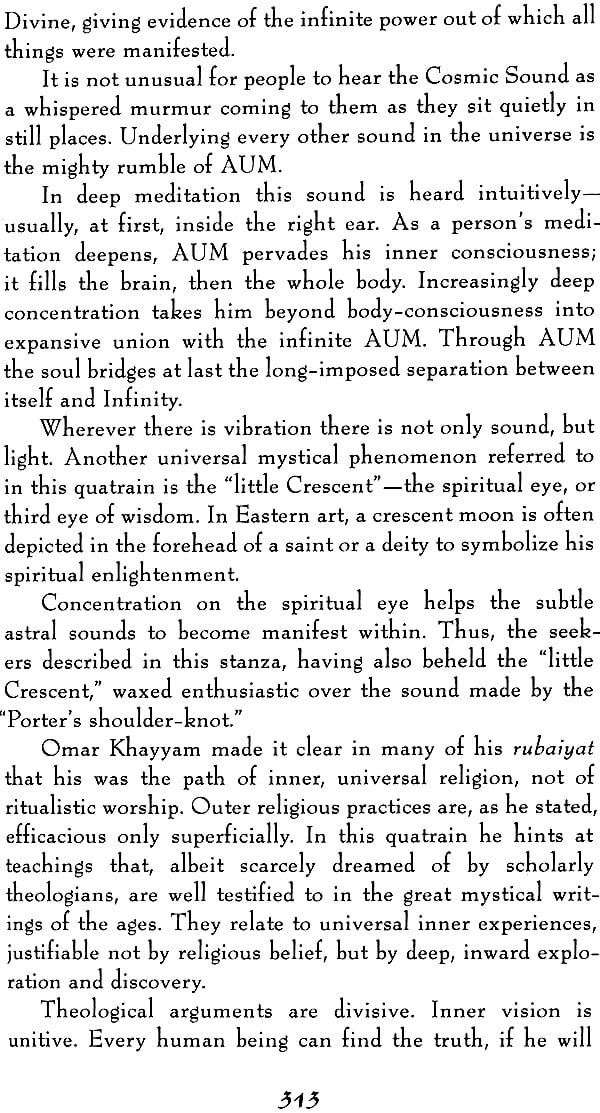
That "something" within you is your 'subconscious self, your part of Universal Mind, your Genie-of-the-brain. This "something" within you keeps telling you that you can do anything you want to do, be anything you want to be, have anything you want to have-and you have a sneaking suspicion that it may be right. It is the same "something" that drove Columbus across the ocean that drove Hannibal across the Alps that drove Edison onward and upward from a train boy to the inventive wizard of the century that drove Henry Ford from a poor mechanic at forty to probably the richest man in the world at sixty. Tired of all the petty little ills and ailments that have come to seem the lot of man here on earth.Īlways there is something within you urging you on to bigger things, giving you no peace, no rest, no chance to be lazy. "Blessed are they which do hunger and thirst after righteousness (right-wiseness) for they shall be filled." You are tired of the worry and grind, tired of the deadly dull routine and daily tasks that lead nowhere. Your heart is hungeringįor something better. You are infected with that "divine dissatisfaction with things as they are" which has been responsible for all the great accomplishments of this world-else you would not have gotten thus far in this book. Sounds too good to be true? Well, let us go back for a moment to the start. And all you need to put it to work is an earnest, intense desire. For the Genie-of-your-Mind can give you power over circumstances. You have but to claim it, to visualize it, to bring it into actuality-and it is yours for the taking. In the realm of mind, the realm in which is all practical power, you can possess what you want at once. His Genie if he had not had clearly in mind the things he wanted the Genie to get. Aladdin would have stood a poor chance of getting anything from You have an unfailing "Messenger to Garcia" in that Genie-of-your-Mind-but YOU have got to formulate the message. You've got to know what you want before you stand much chance of getting it. They are like a drowning man-they use up many times the energy it would take to get them somewhere, but they fritter it away in aimless struggles-without thought, without direction, exhausting themselves, while getting nowhere.


They are so taken up with the struggle that they have forgotten-if they ever knew-what it is they are struggling for. Most of them struggle along in a vague sort of way, hoping-like Micawber-for something to turn up. It may sound paradoxical, but few people do know what they want. Before you can win your heart's desire, you've got to get clearly fixed in your mind's eye what it is that you want. But the first and all-important essential is to know what this one thing is. Whatever you desire, wholeheartedly, with singleness of purpose-you can have. If you had a fairy wishing ring, what one thing would you wish for? Wealth? Honor? Fame? Love? What one thing do you desire above everything else in life? Re-mold it nearer to the Heart's Desire!" To grasp this sorry Scheme of Things entire, Should stamp me back to common Earth again."Ah, Love! Could Thou and I with Fate conspire My substance from the common Earth was ta'en, "Who is thc Potter, pray, and who the Pot?" Adams was probably familiar with Omar Khayyam, I'd be very surprised if he wasn't, so this may have been an influence:Īnd strange to tell, among that Earthen Lot I also like the early squishing of the 'fine-tuned universe' argument - as muddy, if squishy, rather than splashy, as Douglas Adams' lovely puddle ridiculing it so much later. Still, it is an interesting point about value. One half so precious as the Goods they sell. His notion of eudæmonia seems closer to hedonism than Epicureianism, though, I think:Īnd much as Wine has play'd the Inifidel,Īnd robb'd me of my Robe of Honour - wcl!, Re-mould it nearer to the Heart*s Desire! Would not we shatter it to bits - and then At least, I think it's an implication - possibly reinforced by:Īh, Love! could thou and I with Fate conspire More, interesting, though, I think, is his implication of determinism.

Is interesting because it echoes the hand in Belshazzar's feast, not just in the graffito aspect, but also in its ominous tidings. Shall lure it back to cancel half a Line,

The Moving Finger writes and, having writ, Omar Khayyam was a sufi - sufis are the jesuits of Islam - but the poem is quite keen on the idea of drinking wine. There are a few things that I think are particularly interesting: It's pretty certain that Epicurus did influence Omar Khayyam, who was, after all, a very well-read mathematician and astronomer, as well as a poet.


 0 kommentar(er)
0 kommentar(er)
